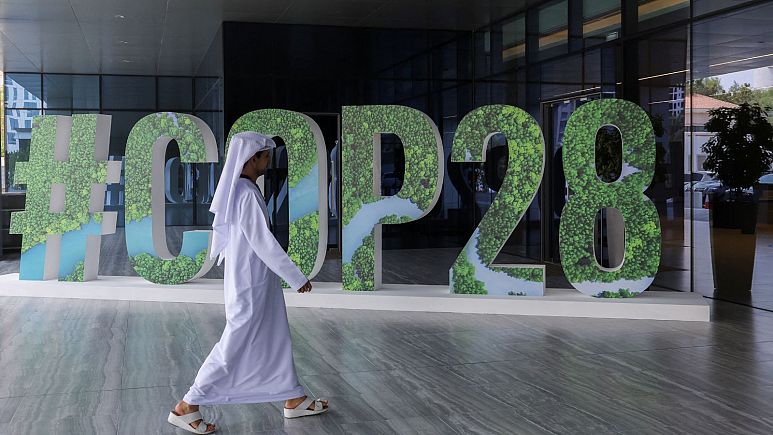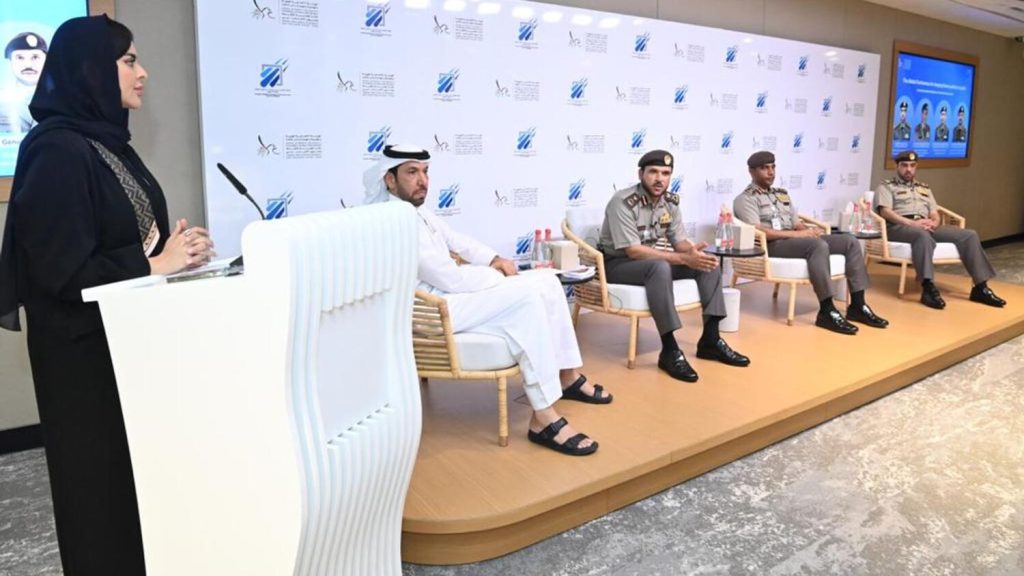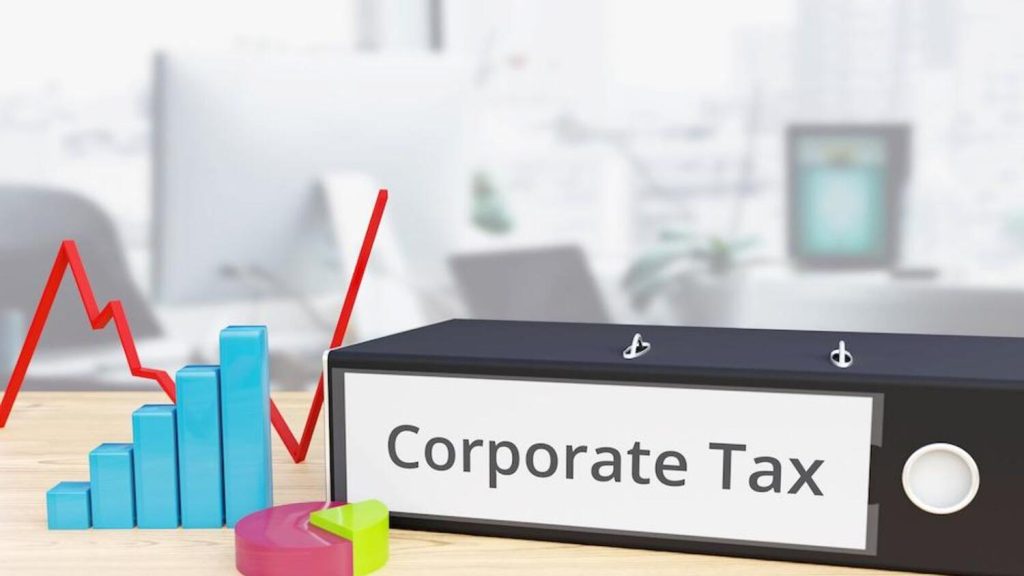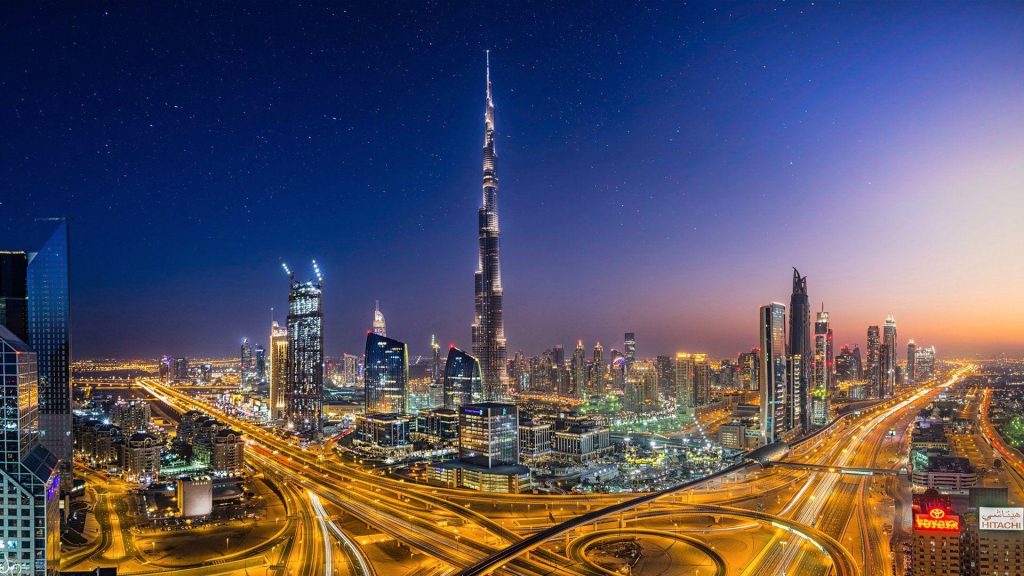After a record-shattering year, the world is looking to the United Nations conference in the UAE next month to put us on a safer path
World leaders are gathering in the Middle East in a month’s time on a mission to curb climate change.
As the summit’s name suggests, COP28 is the 28th iteration of this UN climate conference.
And as another year of devastating extreme weather has made deadly clear – from record Greek wildfires to Libyan floods made 50 times worse by global warming – we’ve not tackled it yet.
Scientists say 2023 is virtually certain to be the hottest year on record, as time runs out to keep global warming below 1.5C above pre-industrial levels – as per the Paris Agreementdecided at COP21.
So can our governments honour their previous promises, and seize the opportunity to put the world on a safer path? Here’s everything you need to know in the run-up to the crucial climate summit.
The UN Climate Change Conference (the official name for climate Conferences of the Parties) has happened every year since 1995. These two-week summits are an important space for world leaders, politicians, experts and a whole host of others to discuss the climate crisis on a global level.
The annual conferences bring together those who signed the United Nations Framework Convention on Climate Change (UNFCCC) – an international environmental treaty addressing climate change – 30 years ago.
Every UN member state is a signatory for the UNFCCC, as well as Palestine, the Cook Islands and Niue. The Holy See (or Government of Vatican City) is also an observer of the treaty. Effectively every nation, country, or state in the world is involved, giving a total of 197 signatory parties.
Each year representatives from each party come together to discuss action on climate change for the Conference of the Parties or COP. Following COP27 in Egypt last year, the 28th COP is being hosted in Dubai, in the United Arab Emirates (UAE) next month.




